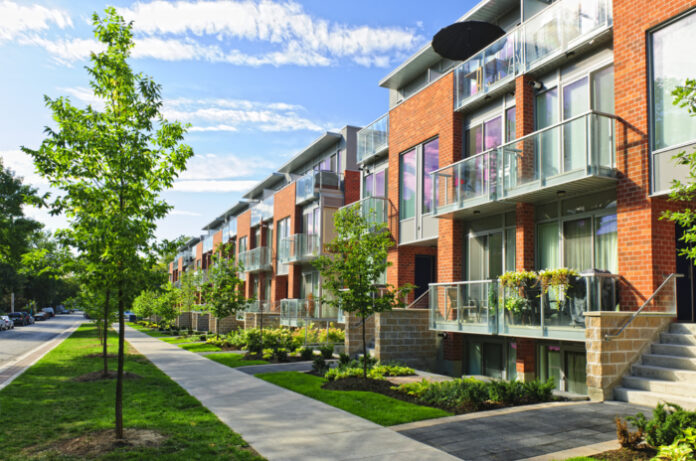According to the National Low Income Housing Coalition, a household is considered “rent-burdened” when it spends more than 30 percent of its income on rent and utility payments. A recent study revealed that 11 million rent-burdened households in America spend an average of 50 percent of their income on rent. The same survey showed only 7.4 million available and affordable housing units for these families. This leaves a shortage of 3.6 million homes for low-income renters. Experts like Terrenos Houston in New Caney, Texas, said while the country is slowly seeing an increase in wages, they have not been rising fast enough to keep up with the increasing cost of living, especially in large cities.
Combine this increasing cost of living with the fact that new construction primarily aims at the luxury market instead of meeting the needs of the rent-burdened population. It is no wonder that we are in the midst of an affordable housing crisis.
What Is Affordable Housing?
Affordable housing is “housing which does not place an undue burden on or consume an unreasonable proportion of a household’s income and resources.” In other words, it should cost no more than 30 percent of a household’s monthly income. For example, if a family brings in $4,000 per month, their maximum monthly expenditure on rent and utilities should be $1,200. Unfortunately, as we mentioned before, this is not always the reality.
Terrenos Houston says many factors contribute to the current housing crisis, but one of the most significant is the lack of availability of affordable units. According to Enterprise Community Partners, “For every person in America to have access to quality, affordable housing that meets their individual needs — whether they are renting or owning — we would need 7 million additional homes by 2025. Moreover, we would need them now if it weren’t for COVID-19.” With such a great demand and such a short supply, it is no wonder that rents continue to rise while wages stay stagnant.
Why Is Affordable Housing Important?
There are many reasons why affordable housing is essential, but one of the most important is that it gives people a place to live. A safe place to live. A stable place to live. People who do not have to worry about being able to pay their rent or put food on their tables are more likely to be productive citizens and good neighbors. They are also more likely to be able to take care of their health and well-being and provide for their families. When people do not have to worry about where they will sleep at night or where their next meal will come from, they can focus on achieving their goals and positively contributing to society.
Another vital reason for affordable housing is that it helps grow the economy. When people have stable homes, they are more likely to spend money locally, which helps businesses prosper and creates jobs. Additionally, when people have access to quality affordable housing, they are more likely to draw new companies and jobs into an area. This is because employers know that their employees will be able to locate quality housing nearby.
How to Solve the Crisis
Unfortunately, there is no one-size-fits-all solution to the affordable housing crisis. However, many things can be done to help ease the burden on those struggling to find affordable housing.
For starters, the government could invest more money in affordable housing initiatives and incentivize developers to build more of these type of units. Additionally, reforming zoning laws could allow for more density and a mix of housing types to create more options. Finally, the private sector could get involved by investing in affordable housing and working with government and non-profit organizations to develop solutions that work for everyone.
Terrenos Houston says the bottom line is that the affordable housing crisis is a complex problem that will require a multifaceted approach. However, with the right mix of government investment, private sector involvement, and community support, we can make progress in ensuring that everyone has a place to call home.
What Are the Different Types?
There are many different types of affordable housing. Some of the most common are public housing, voucher programs, and tax credit programs.
Public housing is owned and operated by the government and is typically reserved for low-income families or those with special needs. Voucher programs provide financial assistance to help cover the cost of rent for eligible households. In addition, tax credit programs offer incentives for developers to build or rehabilitate affordable housing units.
Terrenos Houston says each program has its eligibility requirements. However, they all aim to make housing more affordable for those who need it the most.
Conclusion
The affordable housing crisis is a complex problem affecting millions. By working together, we can find solutions that will help ease the burden on those struggling to find affordable housing.
Find a Home-Based Business to Start-Up >>> Hundreds of Business Listings.

















































